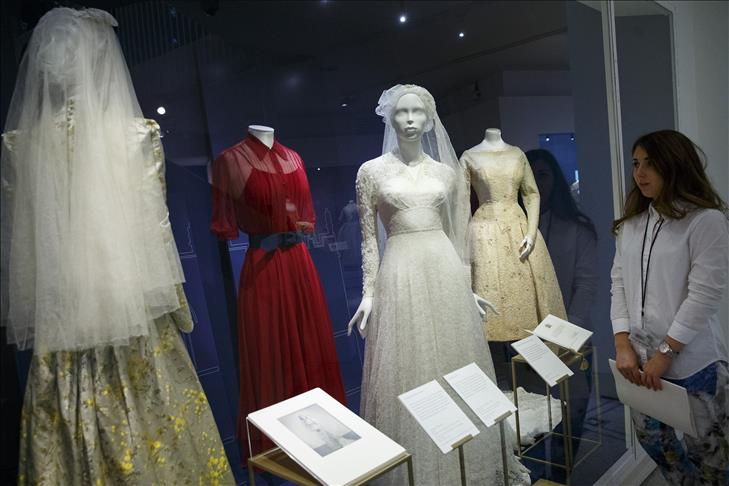
By Kate Bartlett
PHNOM PENH
A human rights group has slammed new penalties imposed on Cambodian women wishing to travel to China as "futile," saying they will do nothing to help those trafficked as brides for the country’s many single men.
Moeun Tola, of NGO the Community Legal Education Center, told the Phnom Penh Post on Monday that the Cambodian government’s new rules—that Cambodian women deposit $10,000 in a Chinese bank account before travelling there -- would violate genuine travellers' rights.
“It is not a logical way to deal with the situation... it’s not fair for them… to apply for a tourist visa and deposit that amount of money," he said.
In an effort to counter a skewed gender ratio created by the Chinese government’s one-child policy, Vietnamese women have been trafficked to China as brides for years. According to official Chinese government estimates, around 30 million men are expected to be single by 2020 because the government’s restrictive laws have led many mothers to abort female fetuses in order to have a son.
However, after Cambodia's Ministry of Interior made 20 separate arrests last year and rescued 35 alleged victims at Phnom Penh airport, the country realized it also had a problem. It has since drafted an accord with China to try and alleviate the issue, and measures have been introduced to try to stem the flow.
A government statement released last week suggested that China orders its embassies and consulates-general abroad to stop providing visas to Cambodian single women - "especially in Thailand, Vietnam, and Laos."
However, its advice to its own embassy and consulates-general in China "not to issue any single status certificate to Cambodian women so brokers cannot bring them to marry with Chinese men” has met with most skepticism.
In the first five months of this year alone NGO Adhoc has helped to repatriate 24 women from the country. It is one of the many NGOs to allege that Cambodian consulates in China have ignored requests from trafficked women for help and repatriation.
Others have alleged that Cambodian officials themselves may be complicit in the trafficking.
Tola, of the Community Legal Education Center, also questioned why the government was focusing on embassies in neighboring countries rather than at home.
“In all the cases that we intervene in, all of [the women] get visas from the embassy in Cambodia,” he told The Post.
One such example is Khai Sochoeun, a 29-year-old rice farmer from rural Kandal province, who was trafficked to Southern China last year by Cambodian brokers who promised her a lucrative factory job.
She told the Anadolu Agency that they bought her a visa and ticket, but her dreams of a better life abroad were crushed on arrival. There, she learned there was no job and was instead forced to marry a Chinese man.
“Life there was like a slave and a sex slave,” she said, after embassy officials and a Cambodian NGO helped repatriate her.
“From the beginning, I don’t know if it was rape or not, but he forced me to have sex with him many times a day. When I refused to sleep with him he hit me,” she told AA, adding that she also had to work as a servant for her husband’s extended family.
Anadolu Agency website contains only a portion of the news stories offered to subscribers in the AA News Broadcasting System (HAS), and in summarized form. Please contact us for subscription options.

